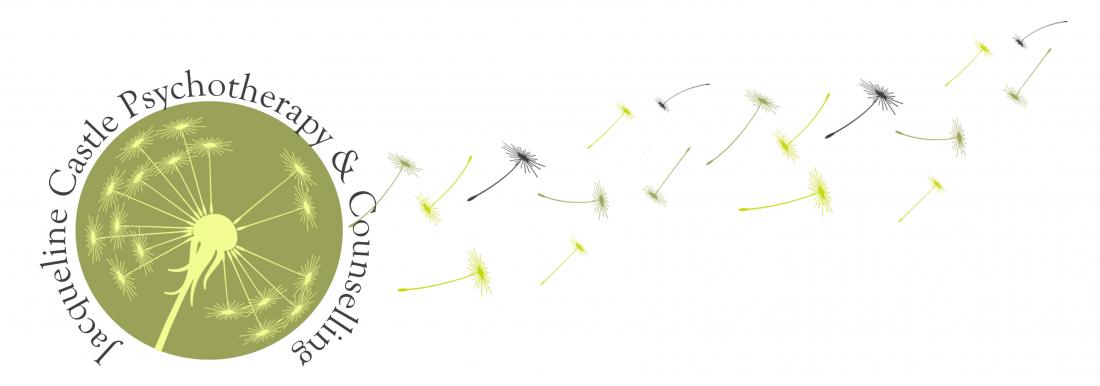Stress, Anxiety & Phobias

Stress, anxiety and tension are common problems and about one tenth of the population every year will see their doctor because they feel tense or anxious. Fortunately, instead relying on medication the medical profession have realised there are alternatives. The new approach involves teaching people how to cope, and these methods are similar to learning how to ride a bicycle or play the piano. The approach that I offer can help a variety of people whose problems on the surface may take different forms, but underneath suffer the same unpleasant feelings.
Panic Attacks
There may be people who feel generally anxious and who cannot tie their feelings down to anything specific – this can often be related to post traumatic stress disorder.
Don’t forget:
- Anxiety is a normal healthy reaction, it happens to everyone at times of danger and in worrying situations
- There is often a perception of threat or danger to both physical and psychological wellbeing
- When anxiety is experienced, bodily functions speed up. In certain circumstances this can be a definite advantage as it means the body and mind is ready for action and enables a quick response if necessary
- Moderate amounts of anxiety actually improve performance, spurring to greater achievements
- Anxiety becomes a problem when it interferes with performance and every day life.
Remember, anxiety is a normal, healthy reaction that while unable to be banished completely from life, with appropriate help, can be managed.
Phobias
Phobias (an extreme or irrational fear of or aversion to something) are many and varied and sufferers such as those with lift phobia never go in a lift because they may believe it will fall to the bottom of the lift shaft; agoraphobics never go out because they may believe they will collapse and die of a heart attack and some people may avoid meeting others because they believe that in a disagreement they will lose their temper and hit someone. Some people obsessively check the locks on their doors and windows over and over before going to bed because they are certain that burglars will break in. Other common phobias involve spiders, aeroplanes or small spaces.
The consequence of the phobia is of course a high level of anxiety that may even lead to a panic attack.
Nothing in life is to be feared it is only to be understood. Madam Curie
Case studies:
A client came to me with grief and the feeling of not being able to carry on with work and family life. She could not go out with her children as she had a phobia that would not allow her to travel any distance and no planes or trains. We worked for well over a year to get to the trauma caused when a very tiny girl and living abroad. A lot of work resulted with her being able to get on trains and go to the fair and seaside with her children and she overcame her fear, phobias and long-standing frustration of not being able to do what she wanted with her family.
“I began to visit Jacquie as I was experiencing anxiety and obsessive compulsive disorder. I can truthfully say that from my first session with Jacquie I began to feel better. Jacqui not only gave me vital tools to deal with things she also explored how and why these feelings occur which has made me more complete and equipped to deal with things. Jacquie is dedicated to her work and through her warm yet professional manner, our journey together has simply enriched my life.”
C.C. Fareham
The three parts to feeling anxiety
- Bodily sensations – these include irregular breathing, churning stomach, sweating, trembling, and a racing heart and the need to visit the toilet.
- Behaviour – when we feel anxious our behaviour changes. The stress can cause avoidance of situations we fear. We choose not to go into the situation, or to get out as quickly as possible.
- Thinking – this includes our ideas and beliefs, our mental comments to ourselves, or our mental pictures about what might happen to us in the situation we fear.
Looking at these parts separately and learning new skills in each area is an important part of anxiety management.
Why do anxiety symptoms begin?
The amount of stress we are under is mostly caused by external forces (work, money worries, relationships) but can also depend on the kind of person we are.
What maintains anxiety?
The way we behave, especially if we are avoiding the situation we fear, and the beliefs we have about the situation and the consequences.
By having a greater understanding of your own anxieties and their triggers and how you react in the context of ‘who you are’, you can learn to change so that your levels of anxiety and stress can be much reduced.
“Jacquie Castle wastes no time in getting to the nub of the problem. Her professional attitude and experience in dealing with all combinations of issues helped me sort out the wheat from the chaff and enabled me to move on.”
Are you looking to deal with anxiety, stress or phobias? Start today with your new life and enjoy it with clear vision and joy; share your happiness and fun with all your loved ones around you! For more information or to book an appointment you can phone Jacquie on 07733 454 790 or email jacqui.castle@btinternet.com



